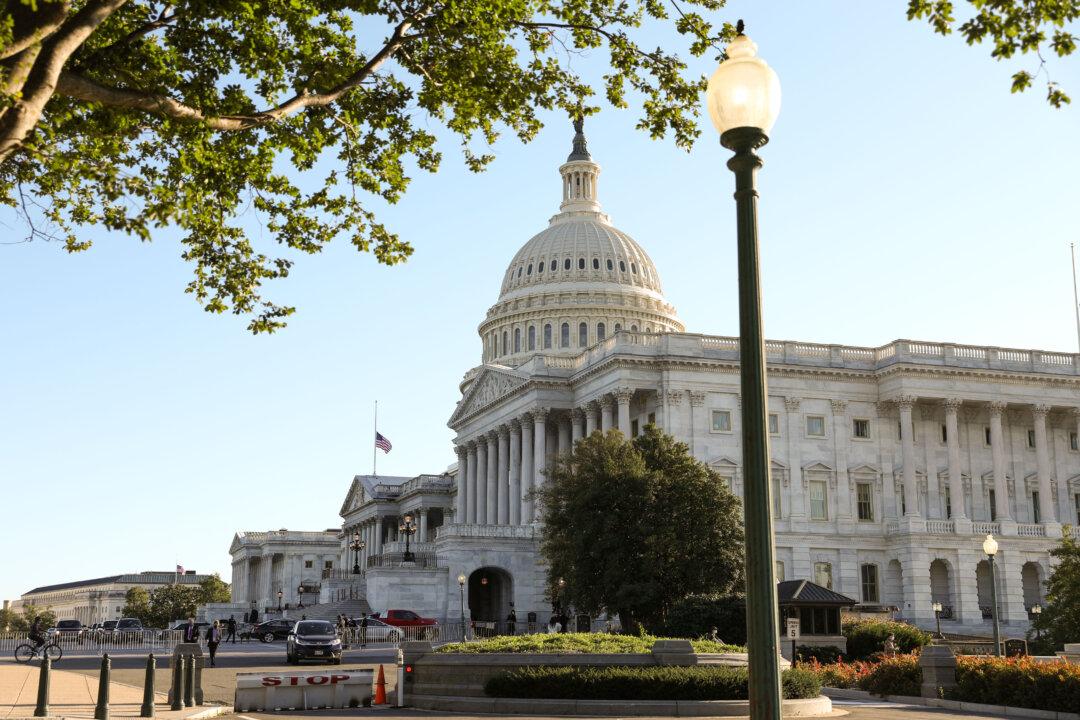WASHINGTON—Congressional leaders are racing to reach a bipartisan, bicameral deal on a funding package to prevent a federal government shutdown on Dec. 11, when the current stopgap measure expires.
Republicans and Democrats have agreed to the top-line numbers, but subcommittees are still negotiating the details of all 12 appropriations bills, according to top House and Senate appropriators.





